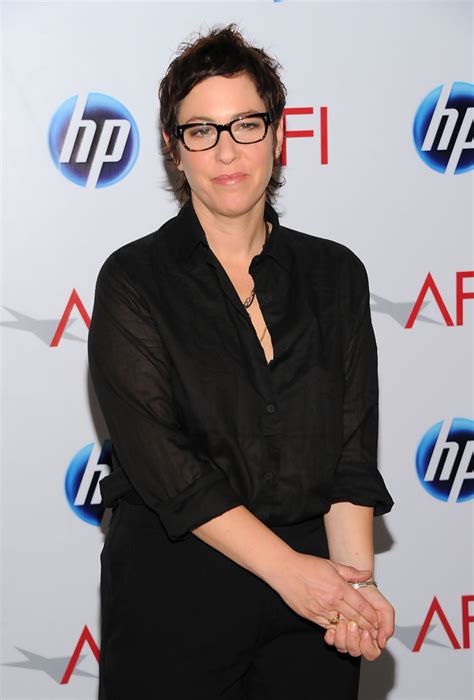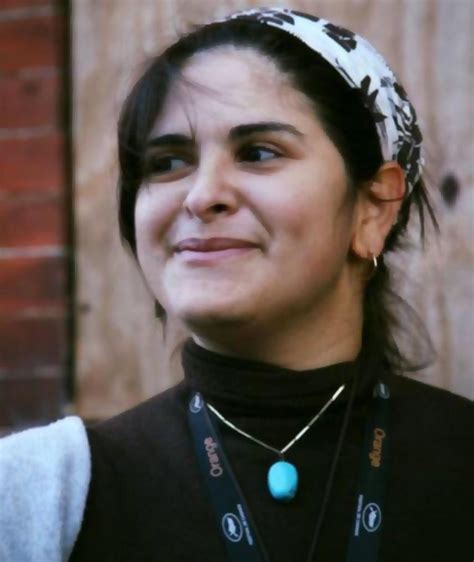A Quote by Lisa Cholodenko
I don't know if my films are about women in a kind of frolicking - here's a grab bag of women's issues. They are about women of substance with very particular stories.
Related Quotes
You know what the biggest fear among women who age is becoming bag women. They're 55, 60, with no relationship and no job, and they worry about it. Look, the dirty little secret is the women listening to me know that this is a very factual assessment of our culture today, and it is very unfair, and it hurts, and it bothers them greatly.
Marjan. I have told him tales of good women and bad women, strong women and weak women, shy women and bold women, clever women and stupid women, honest women and women who betray. I'm hoping that, by living inside their skins while he hears their stories, he'll understand over time that women are not all this way or that way. I'm hoping he'll look at women as he does at men-that you must judge each of us on her own merits, and not condemn us or exalt us only because we belong to a particular sex.
We need more female directors, we also need men to step up and identify with female characters and stories about women. We don't want to create a ghetto where women have to do movies about women. To assume stories about women need to be told by a woman isn't necessarily true, just as stories about men don't need a male director.
The feminist movement is not about success for women. It is about treating women as victims and about telling women that you can't succeed because society is unfair to you, and I think that's a very unfortunate idea to put in the minds of young women because I believe women can do whatever they want.
It turns out that a lot of women just have a problem with women in power. You know, this whole sisterhood, this whole let's go march for women's rights and, you know, just constantly talking about what women look like or what they wear, or making fun of their choices or presuming that they're not as powerful as the men around. This presumptive negativity about women in power I think is very unfortunate, because let's just try to access that and have a conversation about it, rather than a confrontation about it.
I think that the lack of intuition in fashion today is one of the most dangerous things. My fear is that our business is turning into a bag business, and it's all about the bag. But it's not only about the bag. It's about the women. And it's not about a bag or a shoe or the jewelry. It's only about women. . . . Being almost politically correct and doing only what you expect without the ability to make mistakes is very dangerous to fashion. We have to go with our heart. We have to go with our intuition.
At the beginning of my career, a more senior photographer told me to shoot stories on women and I didn't want to. But I spent two and a half years in India and chose to do stories about women because I was shocked by their treatment. My stories in the Middle East and on the border of Europe and Asia were a response to my time in India. They weren't driven by a feminist idea but when you're moved by women's issues in these countries you can't help becoming a feminist somehow.
It's not enough to be a woman. You have to care about women's issues. And women's issues here in Iowa are that we have a strong economy. We have jobs that our sons and daughters can go off to someday. We have a great educational system. And women want strong national defense. We want to know that our families are going to be safe.
I understand that I have many, many friends who are women who understand Planned Parenthood better than you or I will ever understand it. And they do some very good work. Cervical cancer, lots of women's issues, women's health issues are taken care of. I know one of the candidates, I won't mention names, said, "We're not going to spend that kind of money on women's health issues." I am. Planned Parenthood does a really good job at a lot of different areas. But not on abortion. So I'm not going to fund it if it's doing the abortion.





































